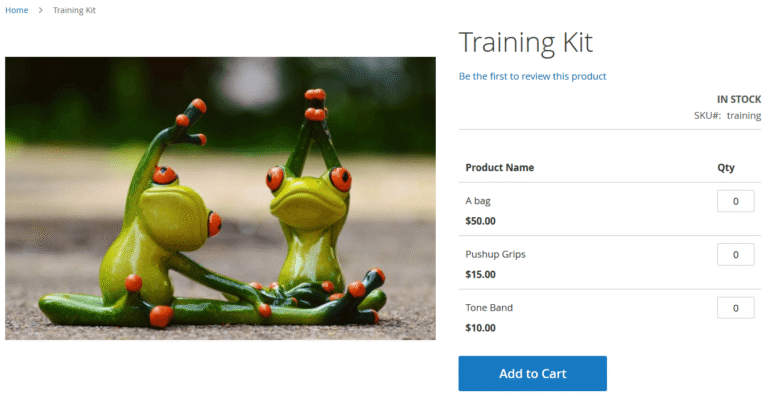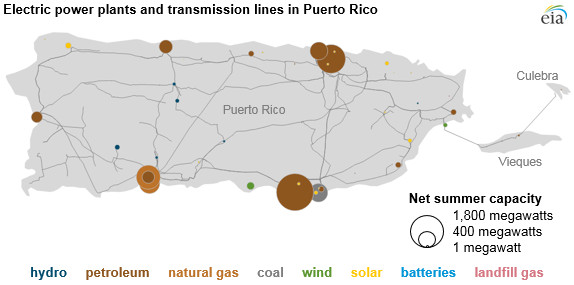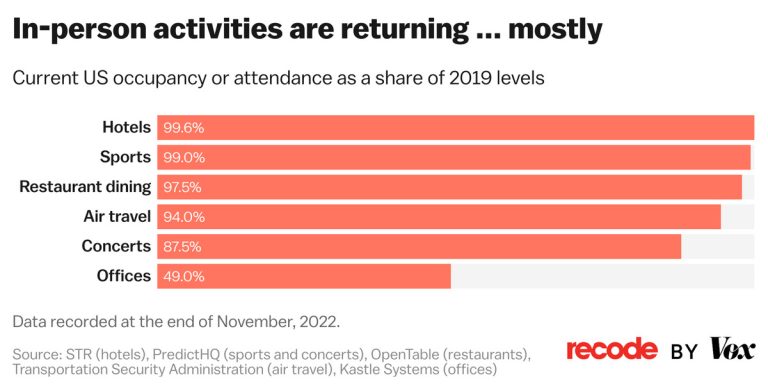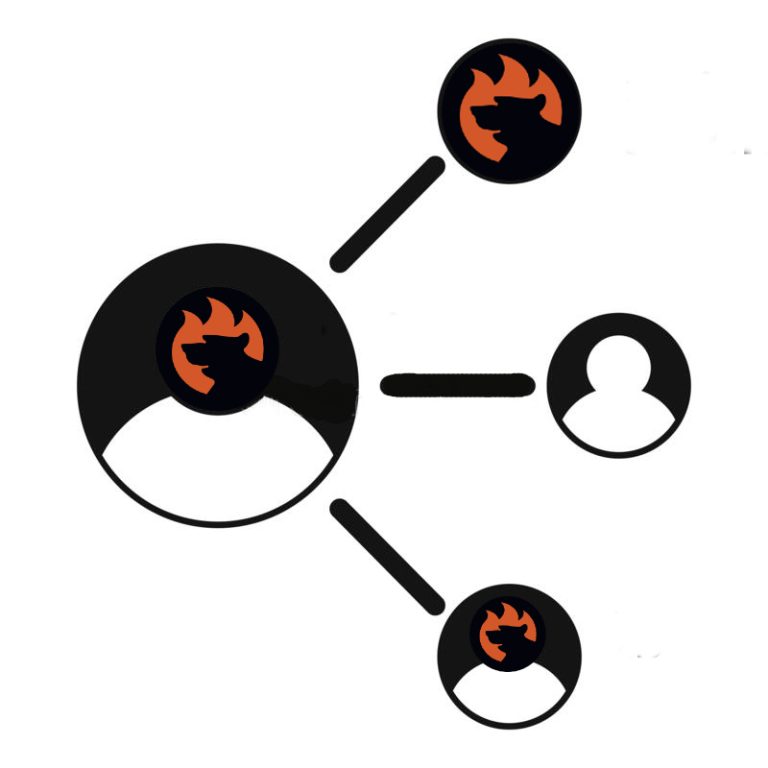This is today’s edition of The Download, our weekday newsletter that provides a daily dose of what’s going on in the world of technology.
Russia hacked a US satellite company one hour before the Ukraine invasion
What happened: Just an hour before Russian troops invaded Ukraine, Russian government hackers targeted the American satellite company Viasat, officials from the US, EU, and UK have confirmed. The operation resulted in an immediate and significant loss of communication in the earliest days of the war for the Ukrainian military.
How it unfolded: The attack, on February 24, launched destructive “wiper” malware against Viasat modems and routers, quickly erasing all the data on the system. The machines then rebooted and were permanently disabled. Thousands of terminals were effectively destroyed in this way.
Why it matters: The Viasat cyberattack is the biggest known hack of the war, says Juan Andres Guerrero-Saade, a threat researcher at the cybersecurity firm SentinelOne. It is also one of the first real-world examples of how cyberattacks can be targeted and timed to amplify military forces on the ground by disrupting and even destroying the technology used by enemy forces. Read the full story.
—Patrick Howell O’Neill
Quote of the day
“We don’t think that it’s sustainable.”
—Tedros Adhanom Ghebreyesus, director-general of the World Health Organization, tells a press conference that China’s zero covid policy can’t last, amid a rising wave of omicron-linked cases, AFP reports.
The must-reads
I’ve combed the internet to find you today’s most fun/important/scary/fascinating stories about technology.
1 Shanghai’s lockdown is getting even stricter
As it enters its seventh week, tough restrictions are being imposed on basic needs like food and healthcare. (BBC)
+ The lockdown has forced delivery drivers thousands to sleep in the street. (WSJ $)
+ Tensions between residents and lockdown enforcers are on the rise again. (The Guardian)
2 Elon Musk says he would lift Donald Trump’s Twitter ban
Despite the great lengths the company went to explain why they’d banned him in the first place. (FT $)
+ And Twitter co-founder Jack Dorsey agrees with him. (Axios)
+ Musk says his plans for Twitter adhere to the EU’s rules for policing illegal content. (WSJ $)
+ How to support women and LGBTQ people who are being abused online. (Coda Story)
3 YouTube Brain is a thing
And it’s causing some of the platform’s biggest stars to burn out. (Vox)
+ YouTube is also a powerful tool to rewrite the past. (Wired $)
4 Why you should reconsider choosing next-day delivery
Is our mindless consumerism putting too much pressure on workers—and the environment? (The Guardian)
+ Amazon is snapping up all the UK’s warehouses. (FT $)
5 Tick-borne diseases are spreading across the US
Partly because there’s no national network to monitor where they are. (Wired $)
6 Netflix could introduce adverts by the end of the year
That’s much sooner than previously believed. (NYT $)
7 New internet cables put Big Tech in charge of Africa’s connectivity
Which raises big questions about how much control private companies should have over internet access. (Rest of World)
8 Synthetic data is supposed to make surveillance AI more ethical
But critics worry it could be used to legitimize AIs that don’t work. (Protocol)
9 The iPod is dead
More than 20 years after it helped to turn Apple into a consumer tech giant. (NYT $)
10 What can data teach us about dating? Almost nothing.
It’s virtually impossible to predict if you’ll hit it off with someone or not. (Wired $)
+ Speed dating is rising in popularity among time-pressed singletons. (NYT $)






